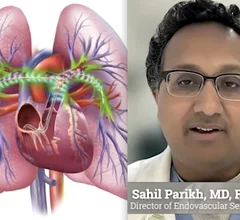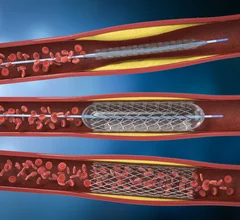Interventional Cardiology
This cardiac subspecialty uses minimally invasive, catheter-based technologies in a cath lab to diagnose and treat coronary artery disease (CAD). The main focus in on percutaneous coronary interventions (PCI) to revascularize patients with CAD that is causing blockages resulting in ischemia or myocardial infarction. PCI mainly consists of angioplasty and implanting stents. Interventional cardiology has greatly expanded in scope over recent years to include a number of transcatheter structural heart interventions.
Displaying 185 - 192 of 2784





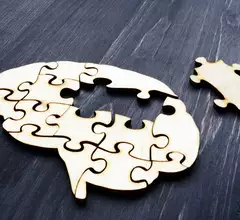
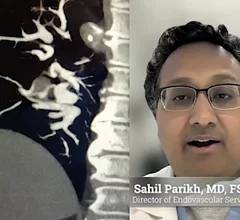
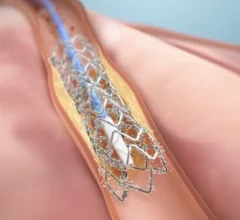
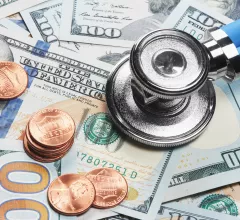

![Researchers have developed artificial blood vessels that could be as strong and durable as the real things, publishing their work in Advanced Materials Technologies.[1] The group hopes its work could go on to make a significant impact in care for heart bypass patients.](/sites/default/files/styles/240x220/public/2024-07/screenshot_2024-07-25_at_2.38.35_pm.png.webp?itok=Kv-BN0d2)
